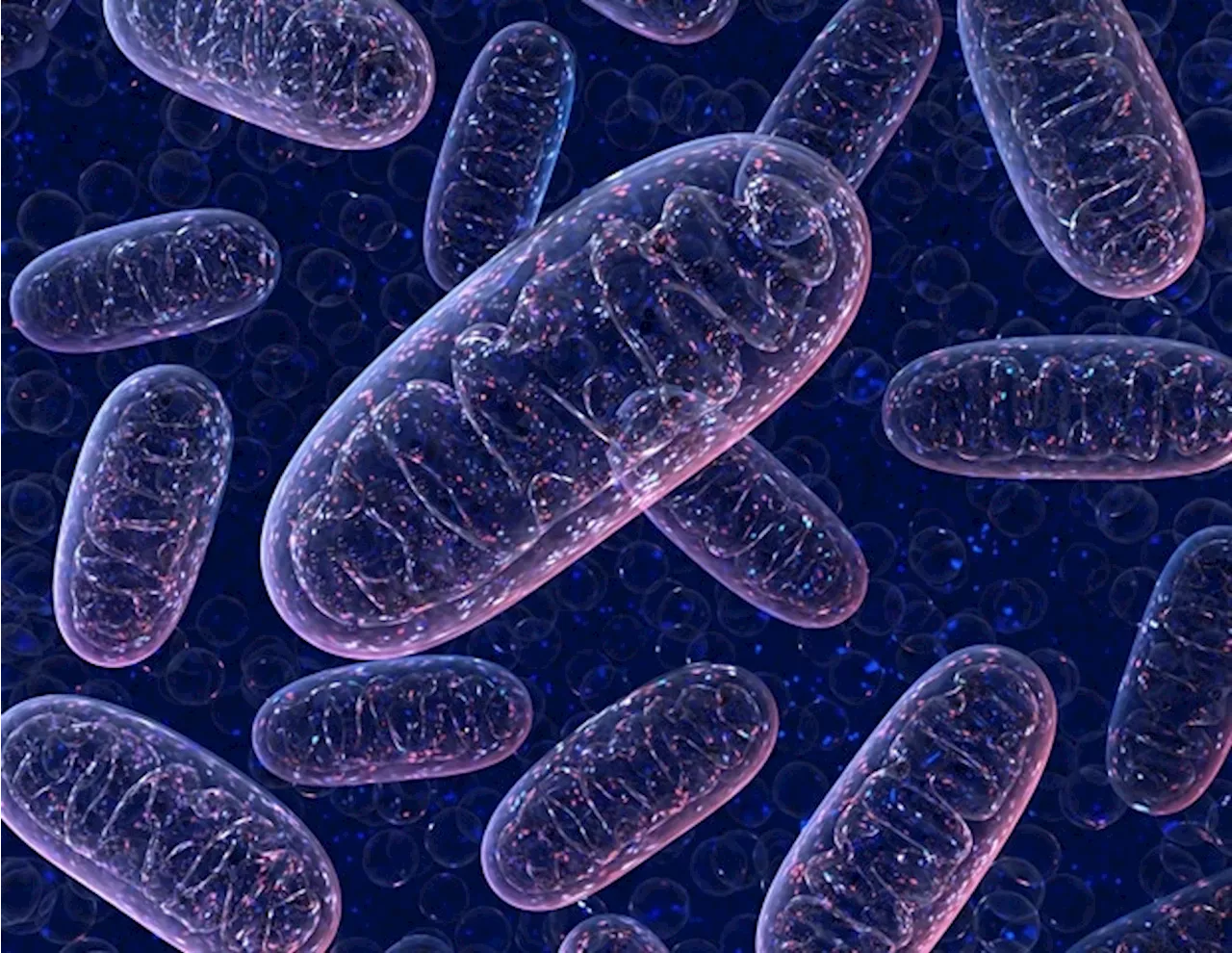Scientists uncover how Ffar4 regulates sugar cravings through gut microbiota, revealing pantothenate as a key mediator to curb sugar intake.
By Dr. Chinta SidharthanReviewed by Susha Cheriyedath, M.Sc.Jan 14 2025 Research ers discover a gut-microbe-driven pathway involving pantothenate and GLP-1 that could revolutionize sugar consumption management and metabolic health strategies.
Excessive sugar consumption has been found to contribute significantly to global health challenges, including obesity and type 2 diabetes. Studies indicate that a preference for sugar-rich foods arises from complex interactions between flavor perception and physiological signaling.
Additionally, behavioral assays, including two-bottle choice tests, were conducted to assess preferences for natural sugars such as sucrose, glucose, dextrin, and artificial sweeteners, enabling the researchers to distinguish between metabolic and sensory regulation of sugar preference. Finally, the study evaluated the downstream effects of GLP-1 on the production of hepatic fibroblast growth factor 21 , a major regulator of Ffar4. Recombinant protein and gene knockout models for FGF21 were also used to verify its role in regulating sugar preference.
Blood Brain Cell Diabetes Fasting Global Health GLP-1 Glucose Hormone Knockout Liver Metabolic Disorders Metabolism Metabolite Metabolites Microbiology Microbiome Obesity Receptor Research Type 2 Diabetes
United Kingdom Latest News, United Kingdom Headlines
Similar News:You can also read news stories similar to this one that we have collected from other news sources.
 Scientists Unlock Metformin's Mechanism: How This 'Wonder Drug' Lowers Blood SugarA Northwestern University study reveals that metformin, a common diabetes drug, works by interfering with mitochondria, the cell's energy producers, to lower blood sugar levels.
Scientists Unlock Metformin's Mechanism: How This 'Wonder Drug' Lowers Blood SugarA Northwestern University study reveals that metformin, a common diabetes drug, works by interfering with mitochondria, the cell's energy producers, to lower blood sugar levels.
Read more »
 Scientists issue huge warning to anyone who regularly drinks bottled waterA recent study has found that plastic particles are found in bottled water, and they have been linked to several health problems, including cancer, birth defects and fertility issues
Scientists issue huge warning to anyone who regularly drinks bottled waterA recent study has found that plastic particles are found in bottled water, and they have been linked to several health problems, including cancer, birth defects and fertility issues
Read more »
 Bottled Water Contains Thousands of Plastic Particles: Scientists Urge Switch to TapA new study reveals alarming levels of microplastics in bottled water, prompting scientists to advise consumers to switch to tap water for health reasons.
Bottled Water Contains Thousands of Plastic Particles: Scientists Urge Switch to TapA new study reveals alarming levels of microplastics in bottled water, prompting scientists to advise consumers to switch to tap water for health reasons.
Read more »
 Plastic Bottle Water Contains Hundreds of Thousands of Microscopic Particles, Scientists WarnA new study reveals alarming levels of plastic particles in bottled water, prompting health concerns and a renewed call for reusable alternatives.
Plastic Bottle Water Contains Hundreds of Thousands of Microscopic Particles, Scientists WarnA new study reveals alarming levels of plastic particles in bottled water, prompting health concerns and a renewed call for reusable alternatives.
Read more »
 Flu Wave Hits UK: Scientists Explain Surge in CasesThe UK is experiencing a significant surge in influenza cases, with hospitalizations quadrupling in a month. Scientists attribute this spike to lower immunity levels following a relatively mild flu season last year.
Flu Wave Hits UK: Scientists Explain Surge in CasesThe UK is experiencing a significant surge in influenza cases, with hospitalizations quadrupling in a month. Scientists attribute this spike to lower immunity levels following a relatively mild flu season last year.
Read more »
 Scientists Recover Instruments Used to Study Vital Atlantic Ocean CurrentScientists have recovered instruments deployed to monitor the Atlantic Meridional Overturning Circulation (AMOC), a crucial ocean current for regulating Earth's temperature. The AMOC is predicted to slow down or collapse, potentially leading to catastrophic climate change and more extreme weather events. Scientists require at least another decade to determine if climate models accurately predict these changes.
Scientists Recover Instruments Used to Study Vital Atlantic Ocean CurrentScientists have recovered instruments deployed to monitor the Atlantic Meridional Overturning Circulation (AMOC), a crucial ocean current for regulating Earth's temperature. The AMOC is predicted to slow down or collapse, potentially leading to catastrophic climate change and more extreme weather events. Scientists require at least another decade to determine if climate models accurately predict these changes.
Read more »
